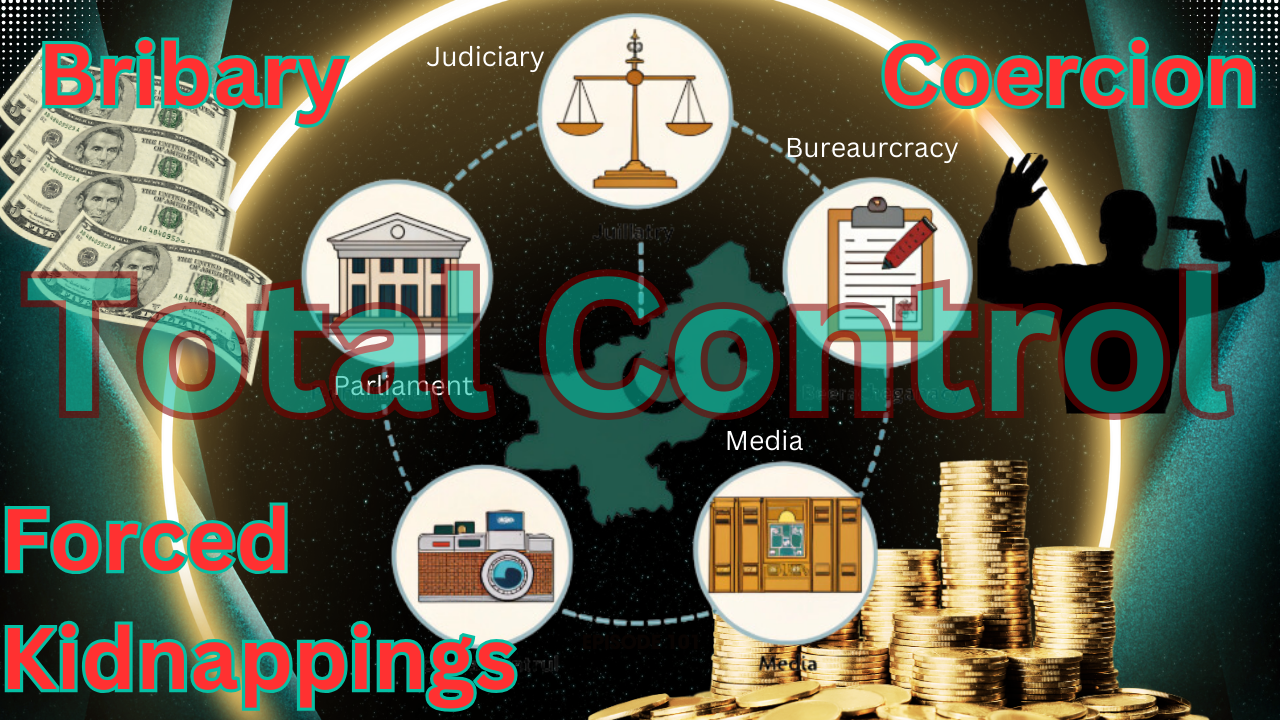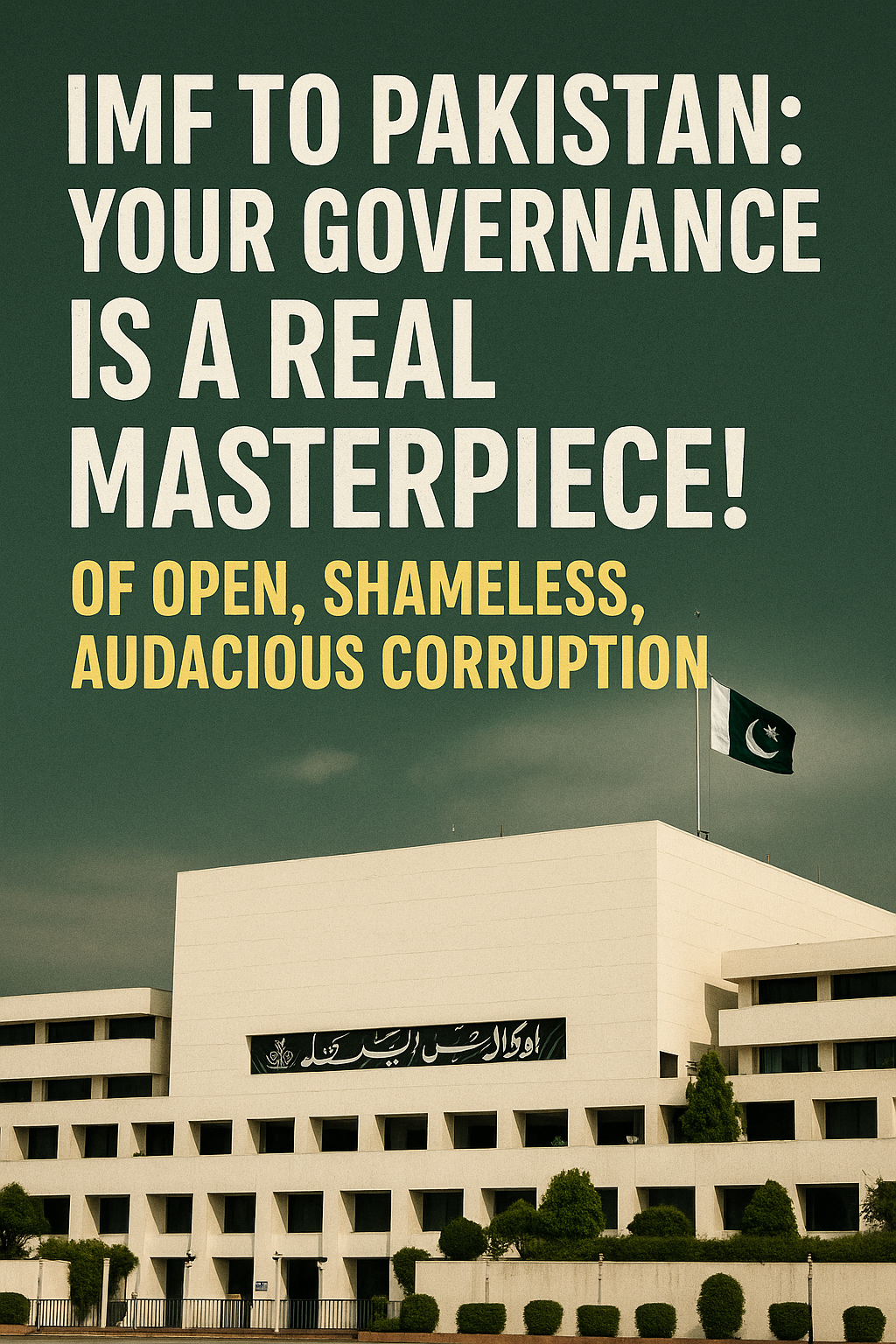The Army Chief’s Statement and Public Response
Recently, the Army Chief stated that Pakistan is progressing rapidly and moving forward. Since his statement, people have been sharing facts to determine whether his claim aligns with the actual situation in the country. The question arises: Is Pakistan truly advancing, or is this just a fake narrative?
Imran Khan’s Response to the Letter Controversy
There has been much discussion about the letter issue. Some believe the Army Chief should have remained silent. However, he responded, saying he never received any such letter, and even if he did, he would not read it but forward it to the Prime Minister. This statement is significant because Imran Khan refers to the Prime Minister as an unqualified “Ardaly” as they commonly say in the military, meaning attendant or servant.
Imran Khan is expected to respond to this matter, as it directly concerns him. His party members will likely present the issue before him, prompting his reaction. The ongoing letter saga is far from over. Imran Khan has consistently linked these issues back to the establishment, holding them responsible for the consequences of their actions, particularly after the regime change operation.
Social Media and Censorship
Imran Khan’s Twitter presence has been a major tool for communication. There have been multiple efforts to block or ban his account in Pakistan, but they have failed. His tweets are so bold that even some of his own party members are afraid to retweet them. His latest letter lists various individuals in PTI who claim to be his loyal supporters but could not openly support his stance on social media.
Economic Crisis and Government’s Claims
Economist Muzammil Aslam revealed that the federal government took loans worth 1,300 billion PKR in just one month, which means an average of 45-50 billion PKR in daily borrowing. Since 2022, the Shehbaz Sharif government has accumulated 28,500 billion PKR in debt, yet they claim Pakistan’s economy is improving.
PTI has also released data contradicting the government’s claims. MNA Aliya Hamza highlighted that economic indicators paint a grim picture. She pointed out that:
- Electricity prices have increased by 212% since the regime change.
- Gas prices have risen by 1,291%.
- Basic food items have seen staggering price hikes:
- Rice: 95% increase
- Wheat flour: 52% increase
- Sugar: 70% increase
- Meat: 58-70% increase
- Chicken: 64% increase
- Eggs: 158% increase
- Milk: 68% increase
These statistics show how inflation is crushing ordinary Pakistanis, and poverty has increased from 18% to 25%, pushing an additional 13 million people below the poverty line in just one year.
Investment and the Reality of Foreign Funds
The government claims that foreign investment is pouring into Pakistan. However, history tells a different story. Many past investment announcements never materialized. For example, in 2022, promises of massive investments were made, but to this day, less than 10% of the claimed amount has actually arrived.
Moreover, foreign investors are hesitant to invest in a country where:
- The judiciary is not independent.
- Law and order are deteriorating.
- People are fleeing the country due to instability and lack of security.
- There is no guarantee of financial safety.
Instead of attracting genuine investment, the government is merely selling off national resources at undervalued prices.
Suppression of Media and Journalists
The government and establishment have gradually taken control of all key institutions, including:
- Judiciary
- Parliament
- Bureaucracy
- Police
- Media
Efforts are now underway to suppress social media using new draconian laws, leading to arrests and censorship. Journalists are protesting, and even international journalist associations are raising concerns.
One shocking example is the sudden removal of journalist Zubair Ali Khan from his news channel after receiving an anonymous phone call. Likewise, TV host Kashif Abbasi’s show was abruptly shut down, highlighting the extent of media censorship in Pakistan.
Judiciary Under Pressure
Recently, new judges took an oath at the Supreme Court of Pakistan. However, the focus was not on the new appointments but on the few judges who still stand for truth and justice.
Justice Mansoor Ali Shah and Justice Munib Akhtar are among the last remaining voices advocating for impartiality. When asked about allegations that they do not work enough, Justice Mansoor Ali Shah responded sarcastically, saying, “Yes, we are only here to drink tea. If you want proof, check the court’s website for our rulings.”
Meanwhile, reports suggest that the government is preparing a reference against these independent judges. Similarly, Justice Mohsin Akhtar Kayani was supposed to be appointed Chief Justice of Islamabad High Court, but instead, a less qualified judge from Lahore High Court was given the position.
This manipulation of judicial appointments reflects the establishment’s growing frustration as their traditional control mechanisms face resistance.
Regime Change and Public Awareness
The regime change operation in Pakistan has been an eye-opener for the majority of Pakistanis. According to Siddique Jan, Pakistanis have gone through a major eye surgery. Even individuals like Shehryar Afridi, who once called the Army Chief “the father of the nation,” have now changed their stance. Afridi now questions why the Pakistani Army Chief is involved in foreign policy, business deals, and investments, unlike army chiefs in the US, UK, or India, who focus solely on defense.
Conclusion
Pakistan is at a crossroads. Economic instability, media suppression, judicial manipulation, and political turmoil continue to affect the country. However, public awareness is growing, and resistance against injustice is on the rise.




Leave a Reply